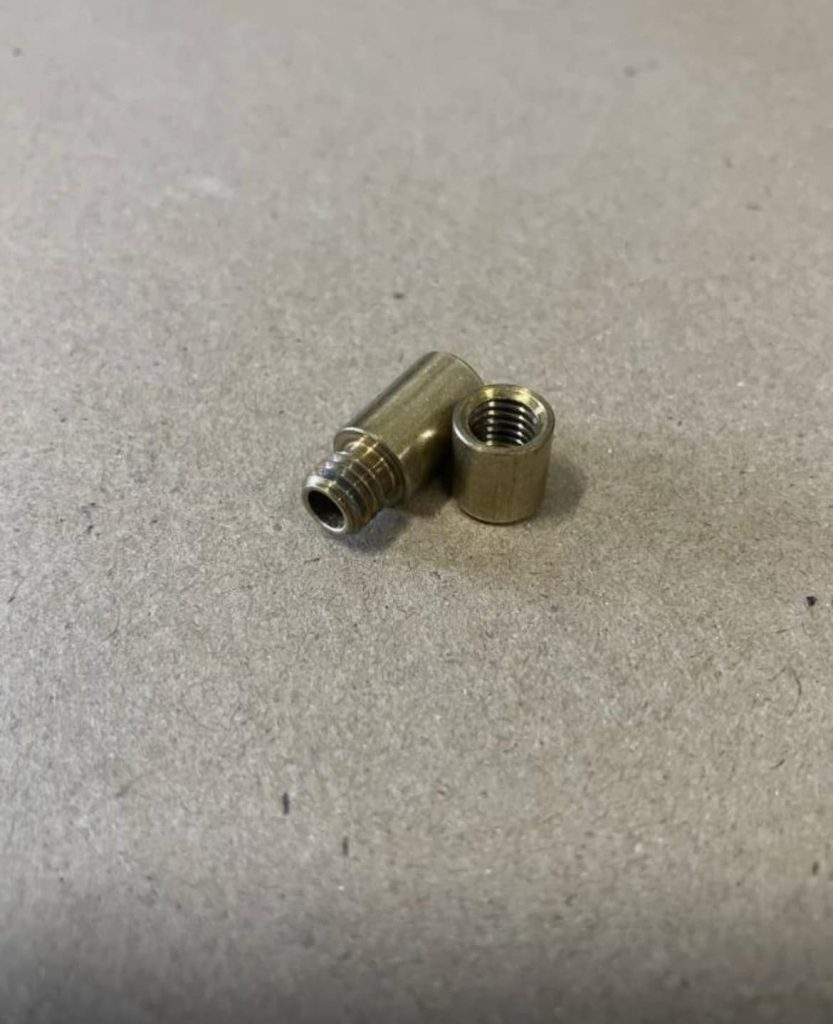ADVERTISEMENT
Think back to your childhood: closing your eyes, making a wish, and blowing out the candles on your birthday cake. Maybe you’d rather think back to the summer evenings spent stargazing from your porch and making a wish upon the very first star you caught. Among our deepest, most beloved desires—and the little remnant of that desire that persists inside us—have always been wishes. Here we enter the intriguing and, to a lesser extent, nostalgic realm of the desire capsule.
The desire container, The story of a little metal urn with a meaningful purpose—to hold a desire near to one’s heart—is both fascinating and moving. Earlier versions of these capsules included little mementos, tokens of affection, or even handwritten notes; they date back to the Victorian period. Recall the simpler times when young people would leave one other little gifts as tokens of their affection and optimism for what’s to come.
These capsules were made of the traditional and long-lasting material brass to keep their contents from decaying. The pattern, which was stitched to prevent anything from escaping, is symbolic of the hopes and aspirations that we hold inside.
Tops Malibu is the source.
The tradition of exchanging wish capsules was highly esteemed in Victorian times for its cultural significance. In doing so, it gave voice to ideas, sentiments, and aspirations that may otherwise go unspoken. These modest objects served as symbols of love and aspiration and were given as presents on special occasions such as birthdays and holidays.
Looking at it from a broader viewpoint, the wish capsule appears to represent a time in human interactions when desires and aspirations were more openly and often shared. Even in the era of social media and fast texting, picking out the ideal present still required sitting down, penning out a letter. The desire capsule stands in contrast to the careless and instantaneous communication that permeates contemporary culture.
Tops Malibu is the source.
For ingredients and full cooking instructions, continue reading (>)
